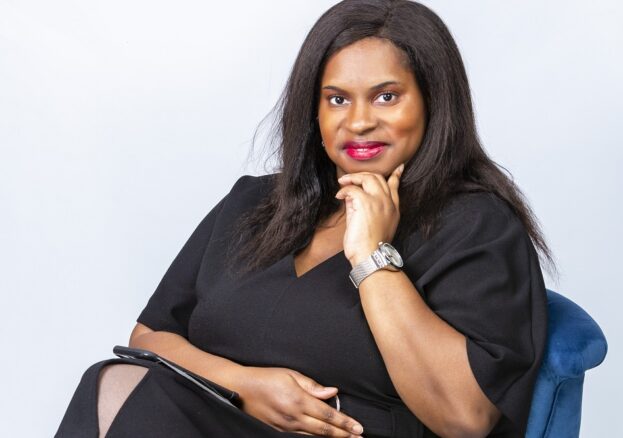
Many Universities have had listening exercises and deep reflection on how they can use these conversations to take real action. The call for action is not a new one, but there has been a shift in the momentum to make real sustainable change in our universities particularly around closing the ethnicity pay gap and the racial awarding gaps for students.
There has also been increased impetus to decolonise and make the curriculums that we teach in our universities more inclusive. Statues have been taken down, most notably that of slave trader Edward Colston in Bristol during a Black Lives Matter march, with calls that ‘Rhodes must fall’ at Oxford University. Debates have ensued about how society manages these statues and symbols of colonialism and imperialism going forward.
The UK’s colonial past permeates our nation today and Universities are not exempt. This can be seen as odds with the mission statements of most universities – which are generally to use the power of education to transform lives, communities, businesses, and society. It would be amiss for us not to acknowledge however that racist prejudices, opinions, and actions which are not in keeping with society’s commitment to equality for all, either then or now are a systemic part of our institutions today. As Universities we have a role in acknowledging and highlighting the dark parts of our past to reflect and build a better future. To achieve this, we will need to continually hear from the lived experiences of our staff and students, work together to identify the barriers and take pro-active steps to dismantle them.
The reality is that the lived experiences of BAME staff and students in our universities today show that there is still much to do to tackle systemic racism. There is an overwhelming amount of data from external reports over the years – including the Lammy Report, Angiolini Review, or the Parker Review, which outline the inequalities that have now resulted in how BAME people are being disproportionately affected in society and which this pandemic and the murder of George Floyd have put a spotlight on. Not just with the higher death rate, but they have also been more likely to lose their jobs and are finding it harder to gain re-employment.
BAME people have to apply for 80 per cent more job roles to get a positive response. UK Black professional representation has been stagnant since 2014, with just 1.5 per cent in leadership positions. Reportedly, on average Black people are paid 23 per cent less than their white counterparts. The ethnicity pay gap remains, and, currently, it is not a legal requirement for employers to collate ethnicity data despite prominent members of the community pushing for it a few years ago. Black women are four times more likely to die from pregnancy or childbirth, that this information has been known for many years, but no concrete action plans have yet been put in place to address this. The list goes on, but despite this, BAME people keep going.
Many Universities for the most part have recognised that they need to do more to make their institutions a welcoming and inclusive place for their staff and students; alongside supporting the advancement of BAME people within. The Diversifying Leadership will support early-career academics and professional services staff from BAME backgrounds to progress in leadership roles. By working with the participants to explore themes of power and influence, demystifying leadership, and cultural identity. By providing a safe space to learn from others and set fresh personal challenges, the participants will have some tools to navigate their career aspirations through their institution. Institutions must play their part by alongside sending participants on this programme, working to make real sustainable change in eliminating institutional racism. Frameworks like the race equality charter can help institution’s identity where the pinch points are and what specific actions, they will need to take to tackle them. By examining specific measures that they can take to recruit, retain, promote, and support BAME staff and students, they ensure that when participants have completed the programme, they not only see but really feel their commitment to diversity, equality, and inclusion.
Our universities must have a strong and enduring commitment to race equality and recognise the role they can play in dismantling the forces that perpetuate structural inequality and racial prejudice.
Sanchia Alasia an award-winning specialist in equality diversity and human resource she currently works at London Southbank University as their Head of equality, diversity and inclusion. She’s an associate member of the Chartered Institute of Personnel Development and a Fellow of the Chartered Management Institute. Sanchia has won numerous awards including, the Grassroots Diplomats awards in the policy driver category for her work in equality and diversity in 2014, named as one the 50 most inspirational Black women in the U.K.in Black history month in 2019 by African Glitz and outstanding woman in the public sector in the 2020 Precious awards.
